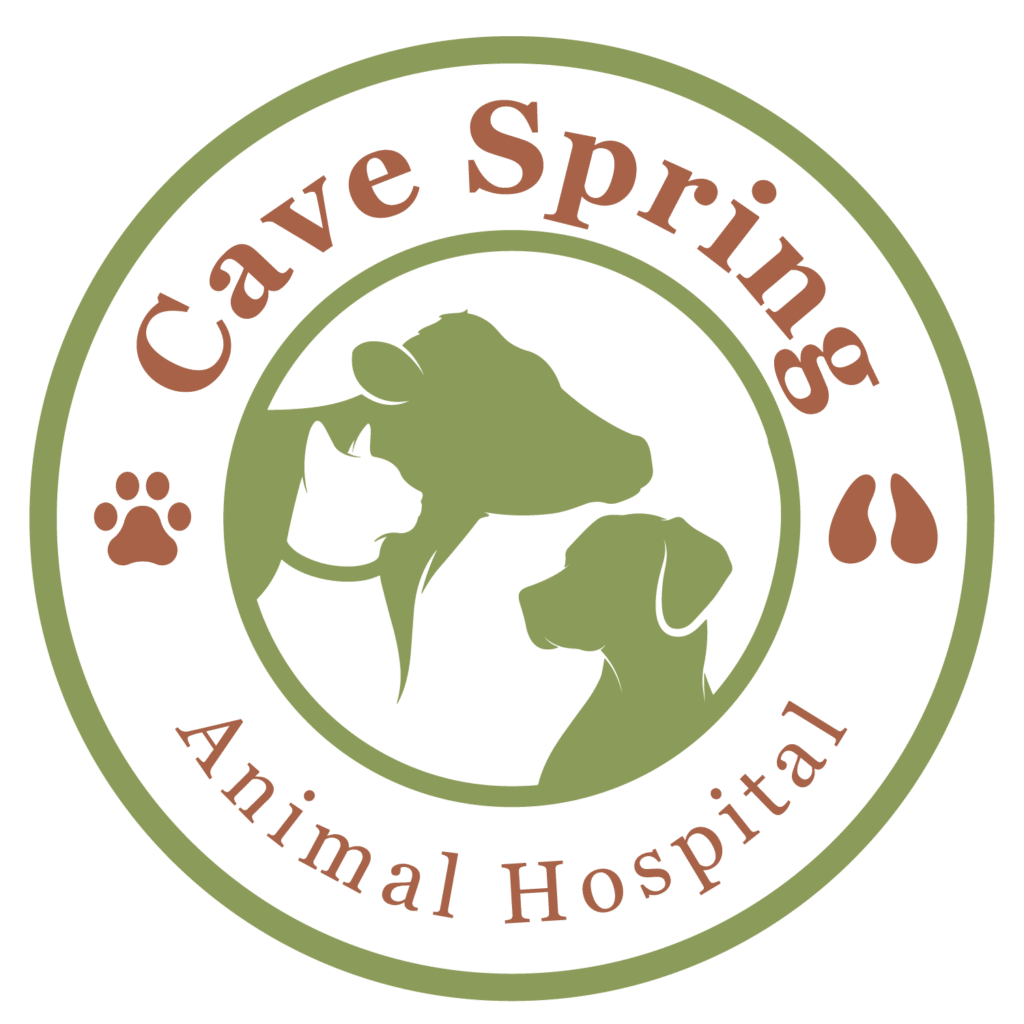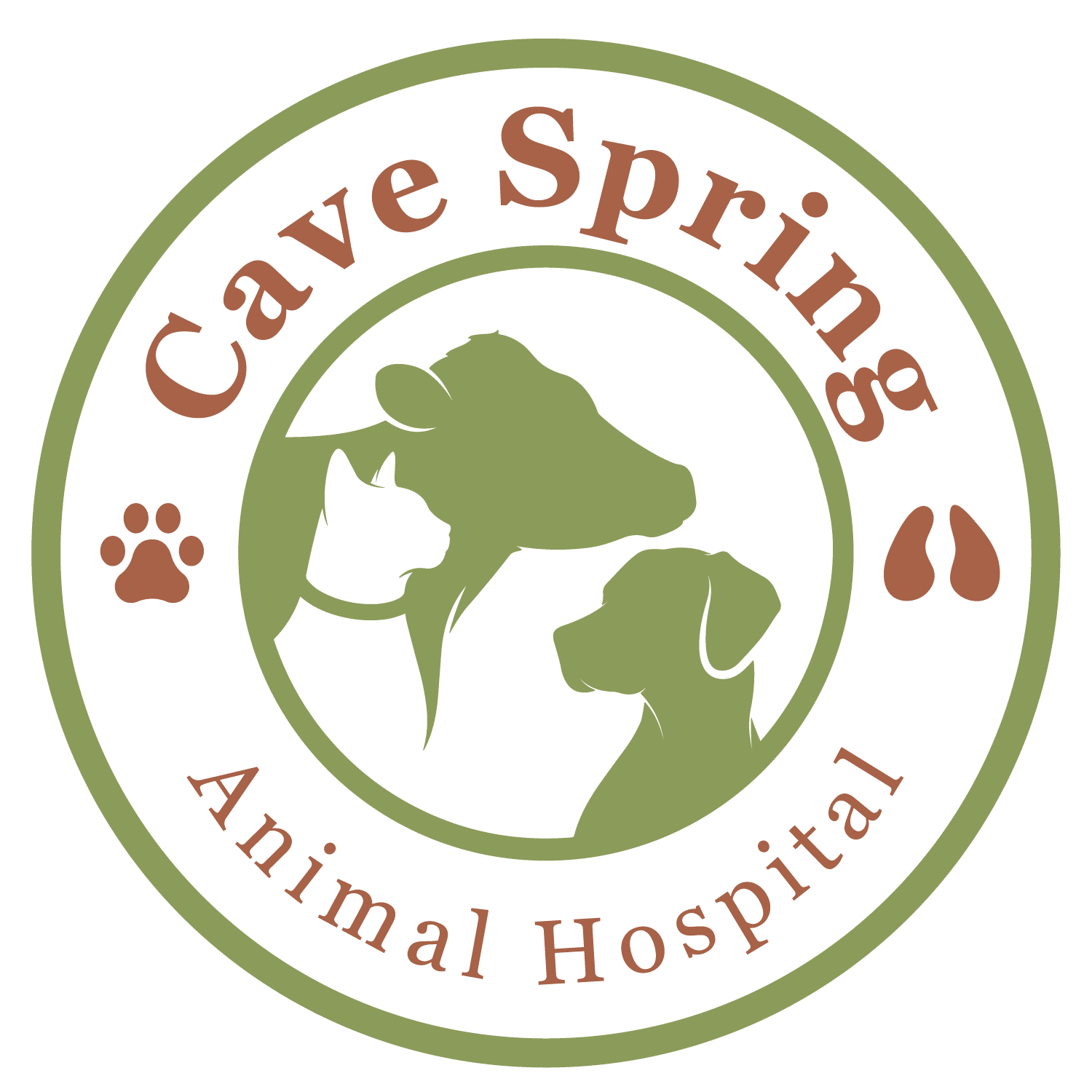
Ensuring that your pet receives timely vaccinations is one of the most important aspects of responsible pet ownership. Vaccinations protect pets from a range of serious and potentially life-threatening diseases, such as rabies, distemper, and parvovirus. By staying on top of your pet’s vaccination schedule, you not only safeguard their health but also contribute to the overall well-being of the community by preventing the spread of infectious diseases.
Why Vaccinations Are Essential for Your Pet’s Health
Vaccinations play an important role in preventing serious illnesses in pets. They work by stimulating the immune system to recognize and combat specific pathogens, creating a defense mechanism that can prevent future infections. Here are several key reasons why vaccinations are essential:
Disease Prevention: Vaccines protect pets from a variety of serious and potentially fatal diseases, such as rabies, distemper, parvovirus, and feline leukemia. These diseases can cause severe health issues and are often highly contagious.
Community Health: Vaccinating your pet not only protects them but also helps to prevent the spread of infectious diseases within the community. This is particularly important for diseases like rabies, which can be transmitted to humans and other animals.
Cost-Effective Care: Preventing diseases through vaccination is much more cost-effective than treating them. The cost of routine vaccinations is minimal compared to the potential expenses of treating a seriously ill pet.
Legal Requirements: Some vaccinations, like rabies, are required by law in many areas. Ensuring your pet is up-to-date on these vaccines helps you stay compliant with local regulations and avoid potential fines.
Travel and Boarding: Many boarding facilities, groomers, and even travel regulations require proof of vaccination. Keeping your pet vaccinated ensures they can stay or travel without any issues.
Vaccinations are a critical component of your pet’s health care routine. They offer protection from a range of diseases, contribute to community health, and can save you money and hassle in the long run.
Understanding the Vaccination Schedule for Your Pet
Navigating your pet’s vaccination timeline can be daunting, but understanding the schedule is crucial for maintaining their health. Pets need different vaccines at various stages of their lives, starting from when they are just a few weeks old. Here’s a breakdown:
Puppies and Kittens: The vaccination process usually begins at around 6-8 weeks of age. Core vaccines include those for diseases such as distemper, parvovirus, and rabies. These initial shots are typically followed by booster shots every 3-4 weeks until the pet is about 16 weeks old.
Adult Pets: Once your pet reaches adulthood, usually around one year of age, they will require annual or triennial booster shots, depending on the vaccine. Core vaccines for adult pets often include rabies, distemper, and parvovirus for dogs, and rabies, feline viral rhinotracheitis, calicivirus, and panleukopenia for cats.
Senior Pets: As pets age, their immune systems may weaken, making vaccinations still essential. While the frequency of some vaccinations may decrease, it’s important to maintain a schedule that continues to protect them against common diseases.
Understanding the specific needs of your pet’s breed and lifestyle can also influence the vaccination schedule. Non-core vaccines, such as those for Bordetella (kennel cough) or Lyme disease, may be recommended based on risk factors. Consulting with the veterinarians at Cave Spring Animal Hospital ensures that your pet’s vaccination schedule is tailored to their individual health needs and lifestyle, providing them with comprehensive protection throughout their lives.
Tips for Keeping Up with Your Pet’s Vaccination Schedule
Staying on top of your pet’s vaccination schedule is crucial for their health, but it can sometimes be challenging. Here are some practical tips to help you manage and keep track of your pet’s vaccinations effectively:
Create a Vaccination Calendar: Use a physical or digital calendar to mark the dates of your pet’s vaccinations and when their next shots are due. Many smartphone apps are available that can send reminders for upcoming appointments.
Regular Vet Visits: Schedule regular check-ups at Cave Spring Animal Hospital. During these visits, the veterinarians can review your pet’s vaccination status, administer any due vaccines, and plan future vaccinations. This ensures that your pet’s health is monitored consistently.
Keep Records: Maintain a file with all of your pet’s medical records, including vaccination dates and certificates. Having this information easily accessible can be beneficial for travel, boarding, and in case of emergencies.
Set Reminders: Utilize reminders through your phone’s calendar or set up alerts with your veterinarian. Many veterinary clinics offer reminder services via email or text, ensuring you never miss an important vaccination date.
Educate Yourself: Understanding the vaccines your pet needs and the reasons behind each one can motivate you to keep up with their schedule. Knowing the risks associated with missing vaccines helps emphasize the importance of staying on track.
By implementing these tips, you can ensure that your pet remains up-to-date with their vaccinations, protecting them from preventable diseases and contributing to their overall health and longevity.
Ensure Your Pet’s Health with Timely Vaccinations
Maintaining your pet’s vaccination schedule is essential for their health and well-being. Regular vaccinations protect your pet from serious diseases and ensure the safety of the broader community in Cave Spring, Cedartown, Rome, Centre, and surrounding areas. By understanding the importance of vaccinations, following a structured schedule, and using practical tips to stay on track, you can give your pet the best chance for a long, healthy life. Trust the experienced team at Cave Spring Animal Hospital to provide the highest standard of care for your beloved pets. Book an appointment today to keep your pet’s vaccinations up-to-date.

Cave Spring Animal Hospital
